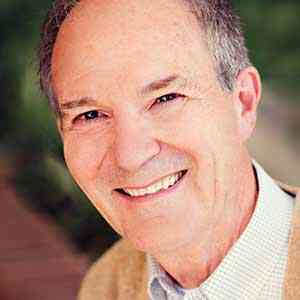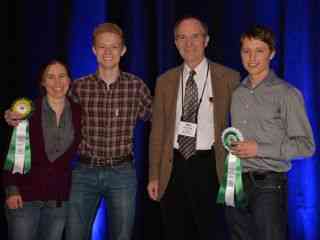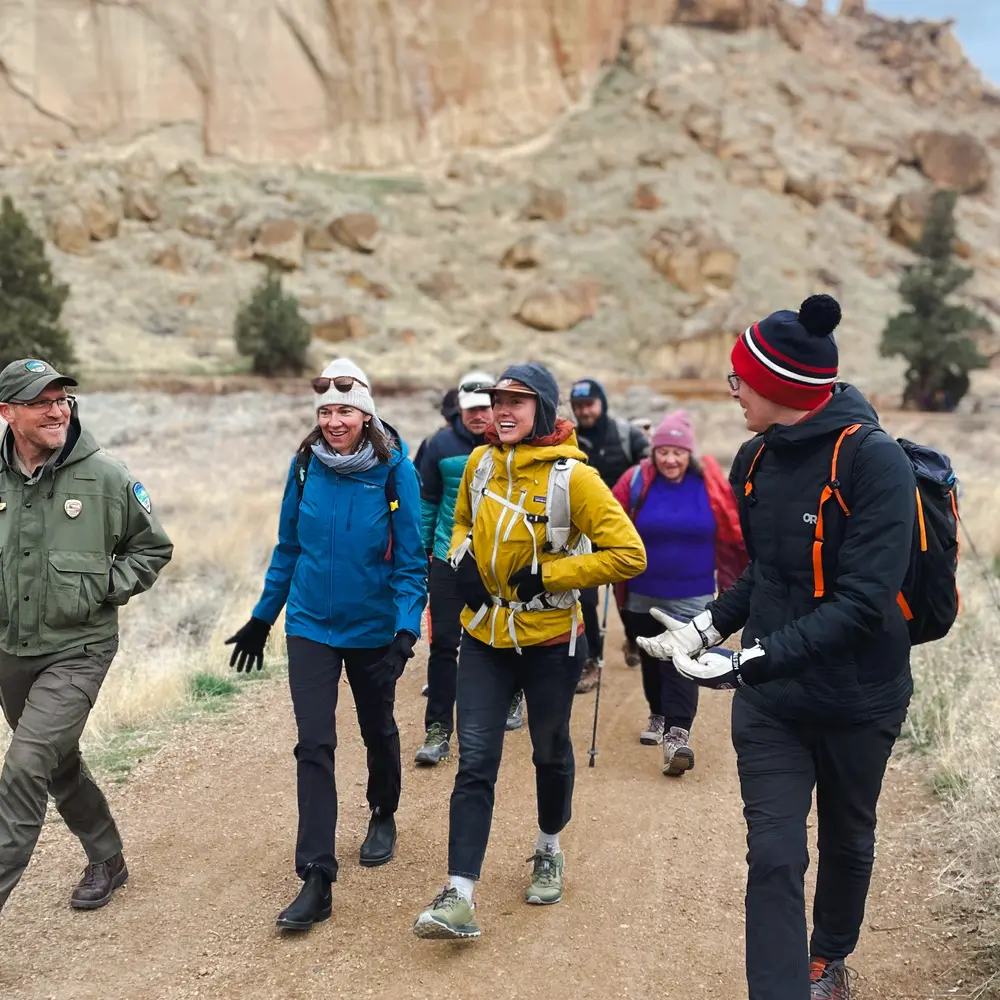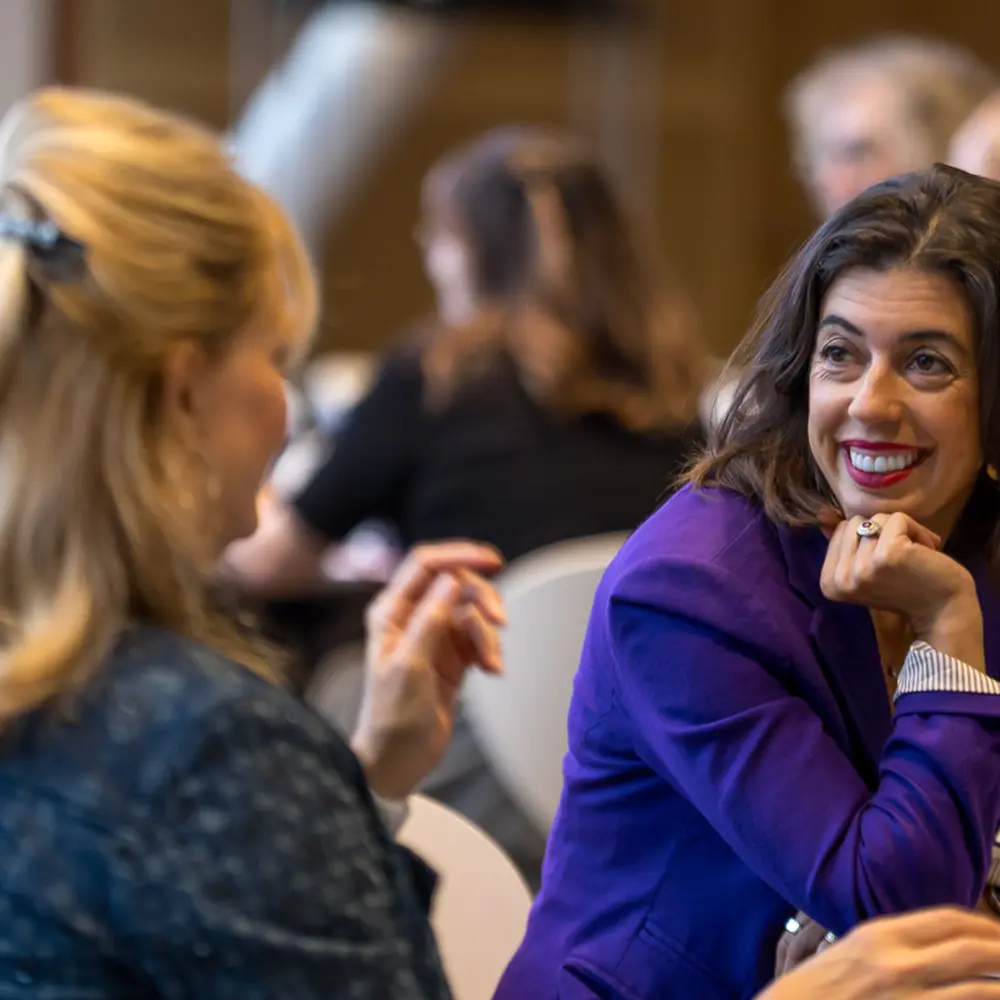2014 John Van Zytveld Awards and Murdock Poster Prizes #

At each annual MCSR conference, students giving oral presentations compete for two awards: The John VanZytveld Physical sciences Award and The John VanZytveld Life sciences Award. The awards consist of a ribbon, a cash prize for the students and their academic departments, as well as a gift for their faculty research advisors. The criteria used by judges of faculty and students in selecting the awardees are as follows:
- Knowledge of material (understanding the background, research question, hypothesis, data collection and analysis, and limitation of the research)
- Creativity of the project
- Effective communication (clarity – slides and verbal presentation; organization; pace; answering questions)
- Level of preparation
- Ability to keep me interested
These awards are made in recognition of Dr. John Van Zytveld, a longtime Senior Program Director at the Murdock Trust and a champion for undergraduate research and science education in the region.
John Van Zytveld Award In The Physical Sciences:
Charles Rackson
Faculty mentor: Dr. Woo-Joong Kim
“Capacitance Detection in the Development of a High Sensitivity Torsion Balance”
Seattle University
John Van Zytveld Award In The Life Sciences:
Wilson Horner
Faculty mentor: Dr. Kara Cerveny
“Effects of Retinoic Acid Pathway Manipulation on Zebrafish Eye Development”
Reed College

Murdock Poster Prizes:
Students presenting their research in a poster format are also recognized at each conference. One Murdock Poster Prize is presented to a poster in each research field, and it consists of a ribbon, a cash award and a gift for the faculty research advisor. The criteria used by faculty judges in selecting the awardees are as follows:
- Graphics relevance and visual impact
- Spelling and grammar
- Informational content
- Presentation content and research outcomes
- Presentation delivery
- Answering questions
- Overall presentation
Unfortunately, we had to forego poster prizes this year due to cancellations from severe weather conditions.
2014 Neal Thorpe Memorial Lecturer #
Dr. Jennifer Ross
Title: “Building Cells Through Outstanding Undergraduate Research”
Abstract
Biology utilizes energy to organize itself from the nanoscale to the macroscopic scale. We seek to determine the universal principles of organization from the molecular scale that give rise to architecture on the cellular scale. We are specifically interested in the organization of the microtubule cytoskeleton, a rigid, yet versatile network in most cell types. Microtubules in the cell are organized by motor proteins and protein crosslinkers. This work, initiated solely through undergraduate researchers, applies the ideas of statistical mechanics and condensed matter physics to the non-equilibrium pattern formation behind intracellular organization using the microtubule cytoskeleton as the building blocks. We examine these processes in a bottom-up manner by adding increasingly complex protein actors into the system. Our systematic experiments expose nature’s laws for nanoscale to micron scale organization and have large impacts on biology as well as illuminating new frontiers of non-equilibrium physics.
Biographical Sketch
Dr. Jennifer Ross is an Associate Professor of Physics with tenure at the University of Massachusetts Amherst. She received her BA from Wellesley College in Physics and Mathematics, her PhD in Physics from University ofCalifornia, Santa Barbara, and thenworked as a postdoctoral researcher at the University of Pennsylvania Medical School. She has won a number of prestigious early career awards including the Basil O’Connor Award from the March of Dimes, a Cottrell Scholars Award from Research Corporation for Science Advancement, and the 2013 Margaret Oakley Dayhoff Award from the Biophysical Society. Dr. Ross’ laboratory is focused on how the cell organizes its interior space and rapidly reorganizes during important biological processes such as division, motion, and differentiation into specific cell types. Although she is interested in the cell, she studies these activities in a “bottom up” approach by trying to recreate the patterns of the cell using wholly purified protein components. She examines the motion and forces using single molecule fluorescence microscope techniques. She specifically examines the microtubule cytoskeleton: the bones of the cell and their organization by nanomachines, called motor proteins. She recently won the NSF INSPIRE Award to fund work exploring the universal laws of how cells organize their interior space.
Graduate School & Vendor Exhibition Participants #
Boise State UniversityBruker AXS
Oregon Health & Science University
Oregon State University
Portland State University
University of Idaho
University of Oregon
Washington State University
Western Washington University
Read the program from the 2014 Murdock College Science Research Conference







